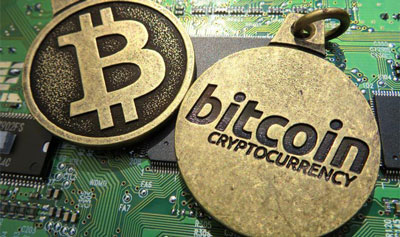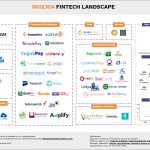Could bitcoin change the game in Africa?

In the wildest of claims, bitcoin – the virtual paperless and stateless currency transacted on the borderless internet – was going to tear apart traditional money transfer companies and help alleviate poverty.
Accessing the multibillion-dollar remittance flows to Africa certainly has substantial appeal, perhaps helping to attract some large seed investments in African bitcoin startups.
Firms have also sought to draw users to bitcoin by undercutting the high costs of international money transfers. Some of its backers even claim it could leapfrog traditional financial infrastructure on a continent where two-thirds of people are “unbanked”.
Parts of Africa have already come a long way in developing mobile money payment systems that give the unbanked millions a chance to move into the formal economy. Advocates of bitcoin on the continent say it would take this a step further, though it requires an internet connection which more than three-quarters of Africans still do not have.
A small group of users – mainly in South Africa, Kenya and Nigeria – trade speculatively in bitcoin via online forex sites, as they would any other asset.
Africa hosts several established bitcoin exchange services, such as ICE3X and BitXin South Africa and BitPesa in several countries in east and west Africa, where users can trade between bitcoin and traditional currencies. Peer-to-peer trading sites such as LocalBitcoins.com are also popular – in early June, nearly KES10mwas traded via the site in Kenya in one week.
“You don’t really need a third party – in Kenya you can send money via M-Pesadirect to my phone in exchange for the bitcoins you buy. There has been an amazing increase in volumes traded,” said Michael Kimani, head of the African Digital Currency Association.
“One of the biggest opportunities for bitcoin could be online payments, but I’ve also seen people funding online wallets, using it for online sports betting.”
Spending bitcoin in the region is more difficult. South Africa’s largest online marketplace, Bidorbuy, recently introduced bitcoin payments on its site; a handful of other online retailers, mostly in South Africa, already accept the digital currency. In most cases, a bitcoin exchange company handles the back-end of the transaction, while merchants quote prices in local currency.
Despite slow progress so far, Nii Quaynor, often described as the “father of the internet in Africa”, told the Guardian that “digital currency and transaction frameworks for the internet are the next step” for the continent. In March, the company he chairs, Ghana Dot Com (GDC), launched what it claims is Africa’s first bitcoin miningfacility.
Quaynor is hopeful too about the potential for blockchain technology – the distributed transaction ledger seen as the cornerstone of bitcoin innovation – and says non-financial applications around land registries and voting could betransformative. Banks in Africa are also looking into potential uses of blockchain.
Bitcoin still exists in a very niche space. There was early excitement about virtual currency – especially as an affordable way for Africans in the diaspora to send money home – but this has subsided as a result of price volatility, nervousness around anonymity and security, and difficulties understanding the product. As there are increases in bitcoin adoption, governments and central banks are considering regulating the sector, which some users think will legitimise bitcoin and others fear might make it more difficult to transact.
For now though, Africa’s bitcoin fans are set to keep on trading.
Source: TheGuardian




























